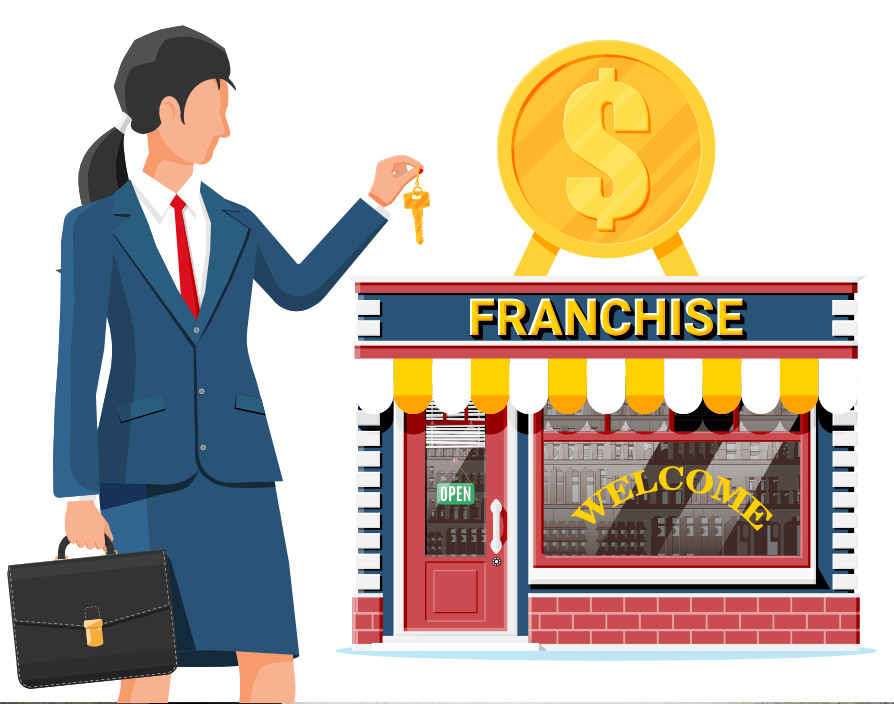In this month’s column for Elite Franchise, Nigel Toplis talks about the importance of leaving no stone unturned when planning for a smooth, pain-free business exit.
While some franchisees view their business as an asset they can pass on to their children, the vast majority are hoping to sell it on at some point in the future. In my experience, the decision to sell is often taken without appropriate planning. Many simply do not understand what is entailed when selling their business on the open market or to the highest bidder.
Selling even a small business is complex. It is not simply a case of sticking a few basic details on a ‘for sale board’, then waiting for hordes of potential buyers to come knocking at your door. Getting the right price and orchestrating a seamless takeover of ownership requires a great deal of care, attention and effort. Before any of this can happen, you must follow certain steps and procedures which should make the whole process of selling your business much easier.
First of all you need to plan your exit. Step one is to draw up a set of accounts (preferably three years’ worth). All buyers will offer you a price based on your recent profits. Therefore, detailed accounts are critical. Often, when franchisees decide to sell, they subconsciously take their foot off the pedal. Don’t do this! It’s probably the worst thing any business owner can do. You need to keep the business functioning on maximum power. A sale can take anything from six to 18 months to complete. So the last thing you want is for profits to take a nosedive.
Find the right broker
There are plenty of agents out there prepared to take your money. Personally, I would only use a BFA (British Franchise Association) accredited broker to prepare the sale. I would also make full use of your franchisor’s resources to prepare an attractive and comprehensive sales prospectus. As a franchisor, I do expect my franchisees to sell up at some stage. And, when this happens, franchisors must be ready to assist their business partners to make a sale.
It’s in everyone’s interests to maintain brand reputation at all times. The last thing a franchisee wants, while in the process of selling up, is for brand reputation to take a hit. This may adversely influence the buyer who could opt out of the purchase at the 11th hour.
It’s worth remembering that the franchisor has the right to veto a purchase if they don’t think the buyer is suitable. Most franchise agreements include a section relating to ‘exit fees’, which is essentially a charge for associated costs such as training, marketing, stationery etc.
Franchisees keen to sell up should inform the franchisor at an early stage. This will help to ensure the process runs smoothly and that there are no unexpected costs. Franchisors will also help franchisees to set a realistic price. As for buyers, they are only interested in current performance, not business potential. However, your selling price does need to take into account both agent and franchisor fees.
The final act
Once you’ve set a plan, drawn up a prospectus and arrived at a sale price, it’s time to involve the lawyers. My recommendation would always be to use a BFA approved solicitor. They understand the nuances of selling a franchise and will help ensure the process runs smoothly. Selling a franchise, or any business, is never easy. However, careful planning and collaboration with the franchisor can help make the process as pain-free as possible.



































